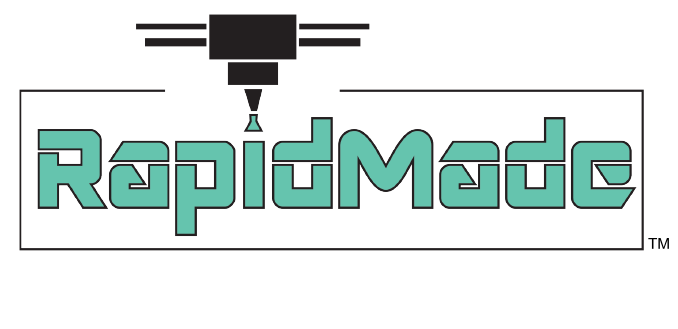Thermoforming PVC (Polyvinyl Chloride) Data Sheet
Learn more about our thermoforming and vacuum forming services.
Rigid PVC is a strong, stiff, low cost plastic material that is easy to fabricate and easy to bond using adhesives or solvents. It is also easy to weld using thermoplastic welding equipment. PVC is frequently used in the construction of tanks, valves, and piping systems.
Key Characteristics:
Strong and Stiff
Low Cost
Easy to weld using thermoplastic welding equipment
Easy to join using solvents or adhesives
FDA compliant grade available
Applications:
Welded tanks
Manifolds
Val and pump housings
Fittings
Pipe systems
Cabinets and working surfaces
Vacuum Forming
Vacuum forming is the simplest and way to thermoform polyvinyl chloride - the PVC is heated past its glass transition temperature, then fitted to a custom mold. We use a highly powered vacuum to such the plastic to the tool, removing all air from between the two and pulling it snugly against the tool, creating an accurate shape. The plastic is then cooled to harden it into the desired shape. This method is best for larger products where high levels of detail or sharply defined corners aren’t necessary and does not require features beyond a single plane, like ribs or bosses. Polyvinyl chloride vacuum forming is used for things like bathtubs and shower trays but can be used for small parts as well. The advantage of this process is inexpensive and fast tooling turnaround in comparison to injection molded parts. Vacuum forming can reduce tooling costs and lead times by 50 - 80% in comparison to injection molding and can make parts up to 4 feet x 8 feet in size in thicknesses over 1/4 inch.
